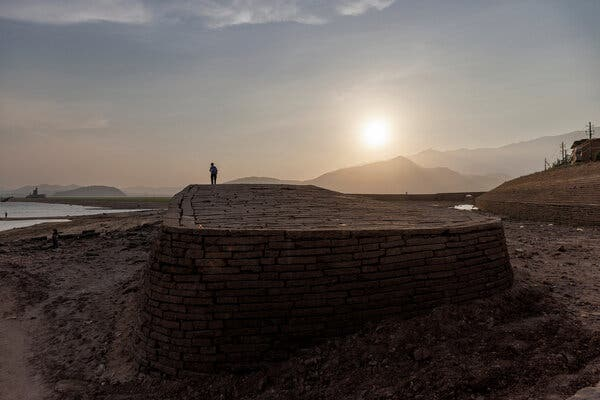Climate Change Disrupting Global Supply Chains
It’s becoming increasingly clear that climate change is having a major impact on our global supply chains. As temperatures rise, droughts become more frequent and sea levels rise, the physical landscape of our planet is changing in a way that will have a profound effect on our economy. This is especially true for marginalized communities, who are expected to take a disproportionate hit from the disruption of supply chains.
The problem is that the current global economic system is largely driven by profit, and companies have been taking advantage of cheaper labor abroad for decades. This has led to the creation of lengthy supply chains that are vulnerable to disruptions caused by environmental issues. And while companies may be able to increase their profit margins by exploiting cheaper labor, it leaves consumers vulnerable to product shortages and higher prices.
It’s time for companies to take responsibility for their role in creating these supply chain issues, and to take the necessary steps to address them. This means investing in more resilient production and distribution networks, and taking steps to reduce their carbon emissions. It’s also important to recognize that climate change is a global problem, and that it will require global solutions. We must all work together to ensure that our supply chains are able to withstand the effects of climate change, and that marginalized communities are not left behind.


This is a great article. We need to invest in more resilient production and distribution networks to help address the effects of climate change. I think it’s also important to consider using machine learning to identify and mitigate potential disruptions to the global supply chain.
Esta es una gran articulo. Necesitamos invertir en redes de producción y distribución más resistentes para ayudar a abordar los efectos del cambio climático. Creo que también es importante considerar el uso de aprendizaje automático para identificar y mitigar los posibles interrupciones en la cadena de suministro global.
I agree that companies need to take responsibility for their role in creating these supply chain issues. We need to work together to ensure that our supply chains are able to withstand the effects of climate change and that marginalized communities are not left behind.
This is an important issue that needs to be addressed. Have there been any studies done on the economic impact of climate change on global supply chains? How can we ensure that marginalized communities are not left behind?